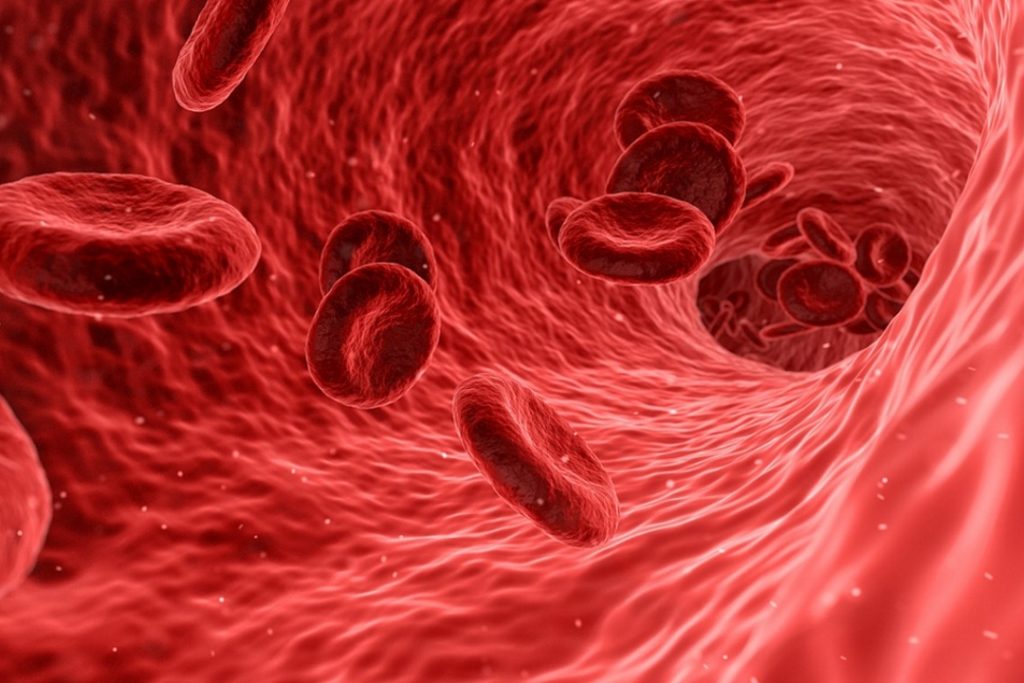
World Thalassemia Day
World thalassemia day on 8th of May was established by the world health organization, it is observed every year to increase the awareness among the public about the disease, prevention and measures to avoid its transmission.
Around 3.4% of the people are the carrier of the thalassemia and around 7000 to 10,000 children are born with thalassemia per year in India. Blood donations can save the life of many patients suffering from thalassemia.
What is Thalassemia?
Thalassemia is a blood disorder, which is an inherited autosomal disorder where abnormal hemoglobin is formed in the body. This is due to a variant or the missing gene that determines how the body makes hemoglobin. Which results in improper transport of oxygen in the body and destruction of red blood cells.
People suffering from thalassemia have less hemoglobin and fewer red blood cells which translate into anemia or anemic conditions. Thalassemia is known to cause complications like iron overload in the body, bone deformities and cardiovascular illnesses.
Genetic Counseling – Prevention of Thalassemia
Genetic counseling aims to clear misunderstandings about the causes of genetic disease and to increase people’s control of their own and their family’s health by informing them of the resources available for diagnosis, treatment and prevention. If you or your family members have thalassemia, talk to your doctor who can help you before planning a family. This will help you understand the chances of passing on the defect to your children and help you have an unaffected child through prenatal testing. Prenatal testing involves taking a sample of amniotic fluid or chorion villus sample (CVS) tissue; tests done on the fluid or tissue can show if the baby has thalassemia.
Give Blood-Give Life
Blood transfusion is important for individuals with thalassemia. There is no substitute for human blood,
Blood cannot be manufactured it can only come from volunteer donors. Regular blood transfusions provide thalassemia patients with the red blood cells they need to survive and live relatively normal lives. Chronic transfusions prevent most of the serious growth, skeletal, and neurological complications of thalassemia major.
Most thalassemia major patients require transfusions every 2-4 weeks, depending on the individual’s consumption of the infused cells. A thalessemic patient between the age of one to five years needs one unit of blood every month, between the age of five to ten-two units every month are needed, between the age of 10 to 15-three units are needed every month and an adult thalassemic needs four units of blood every month.
Like this:
Like Loading...
Related Articles

